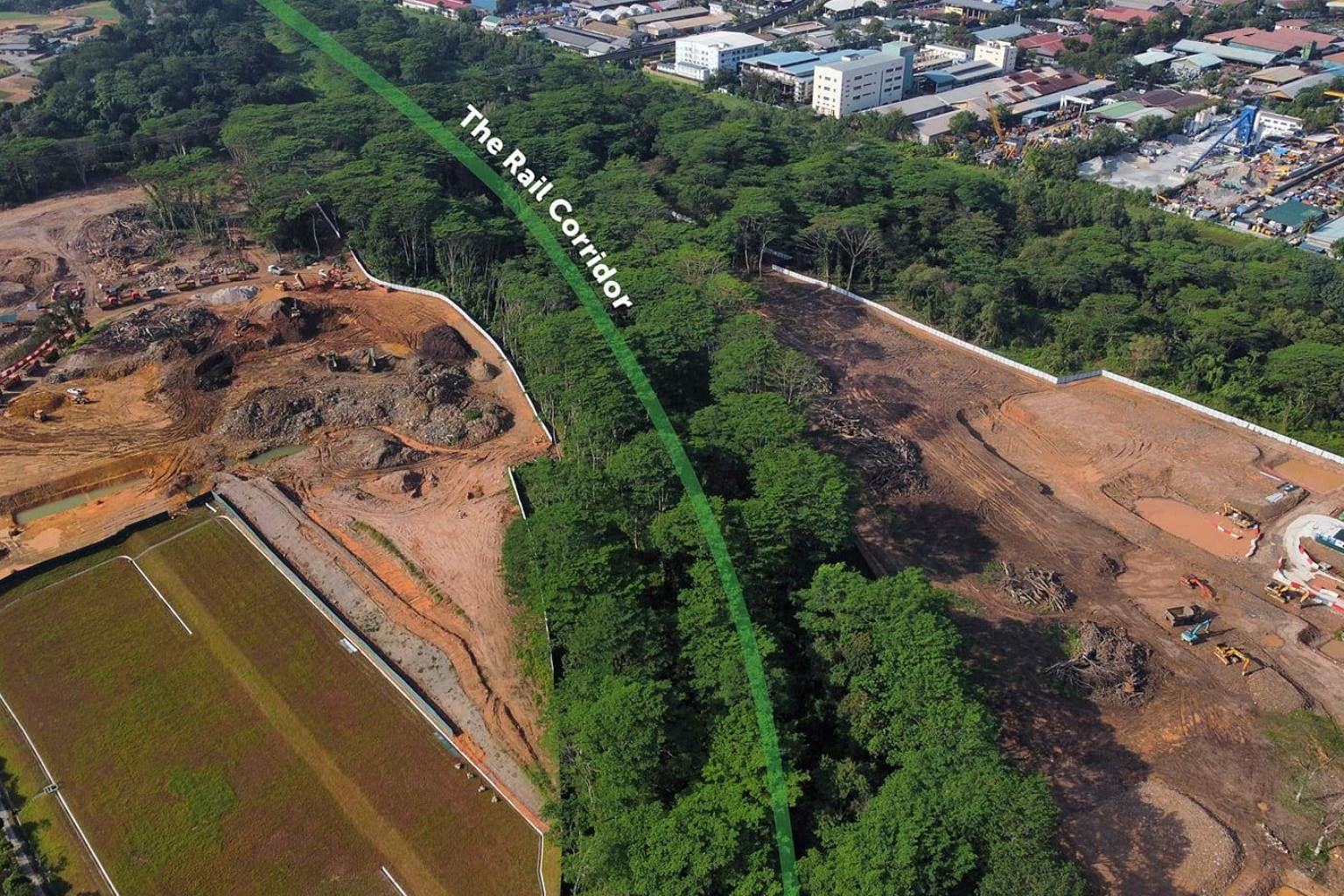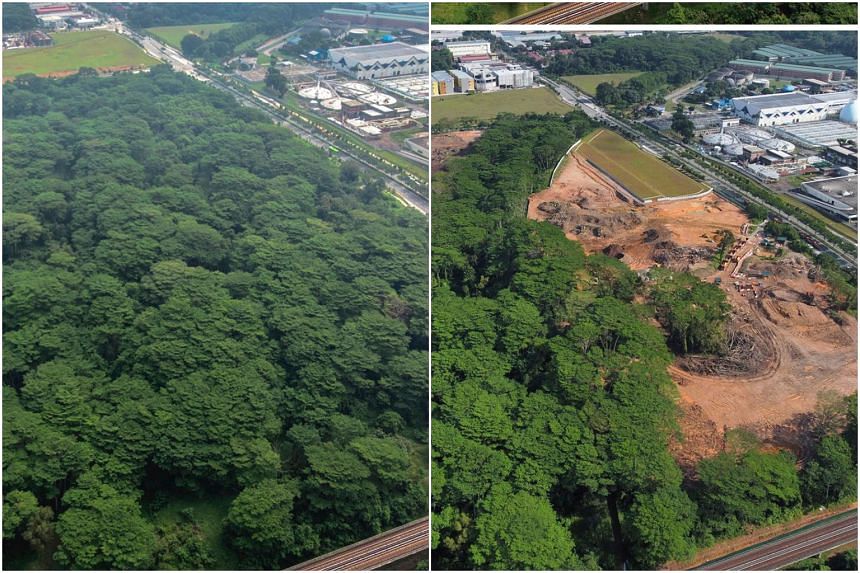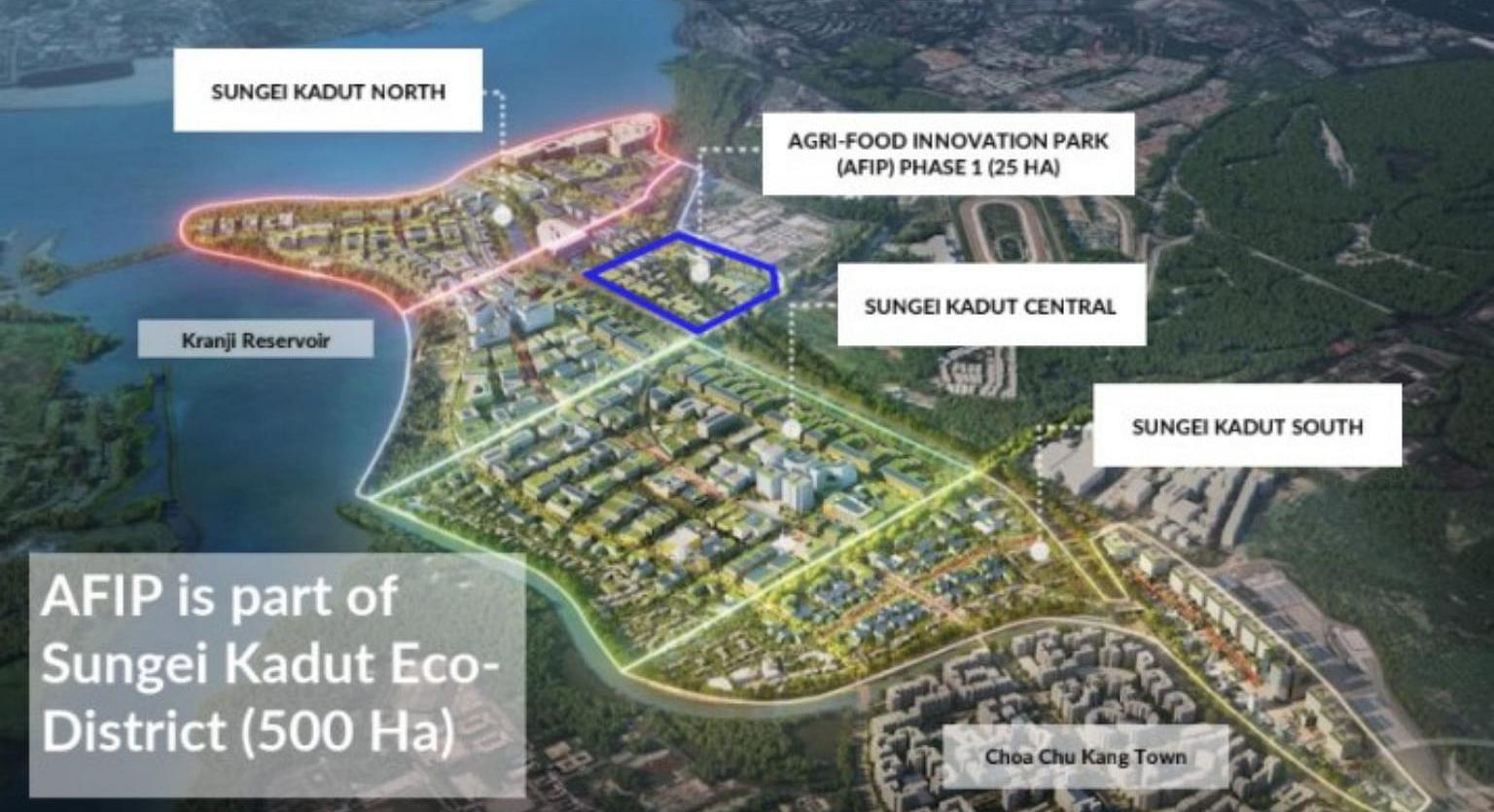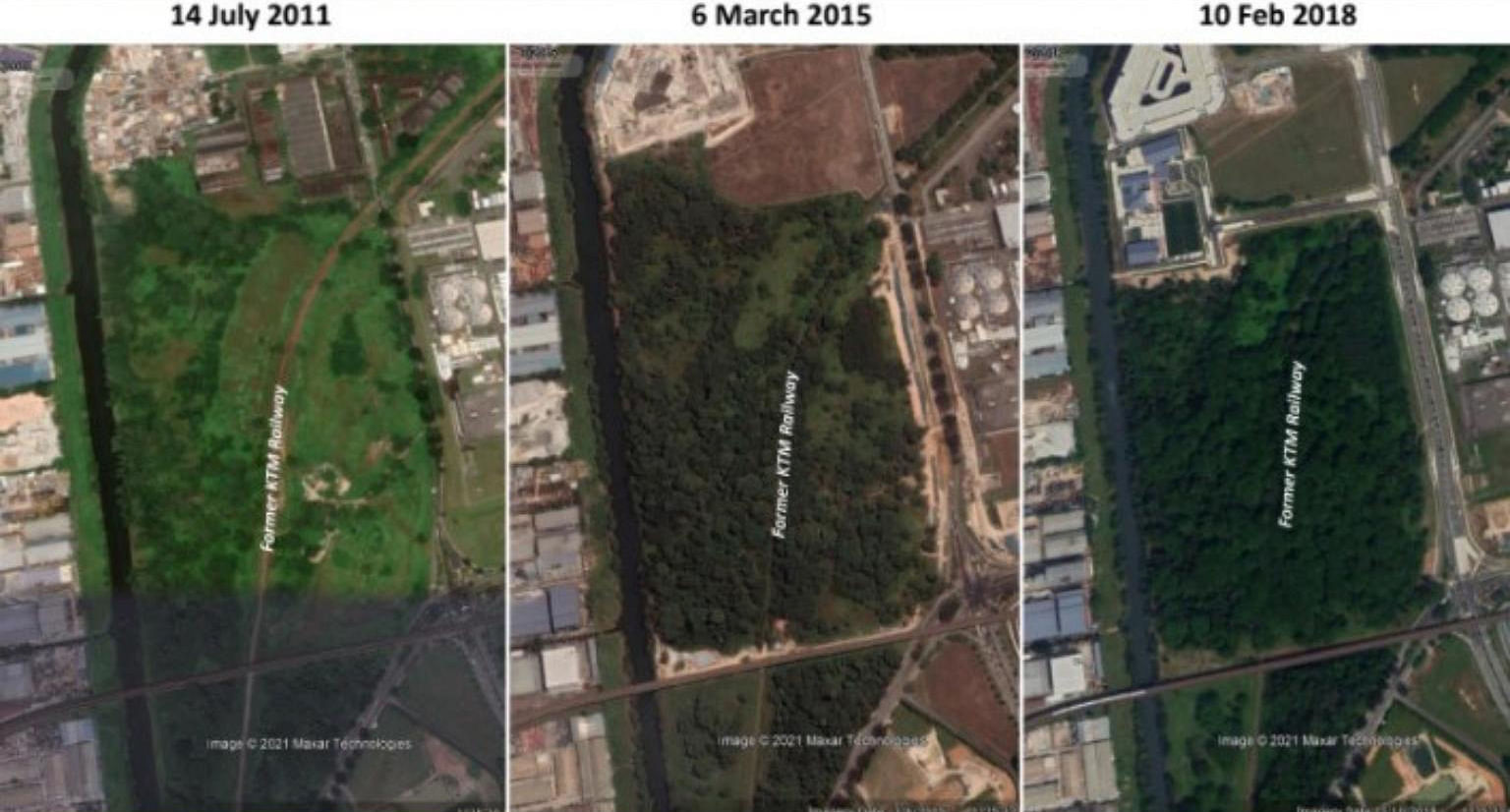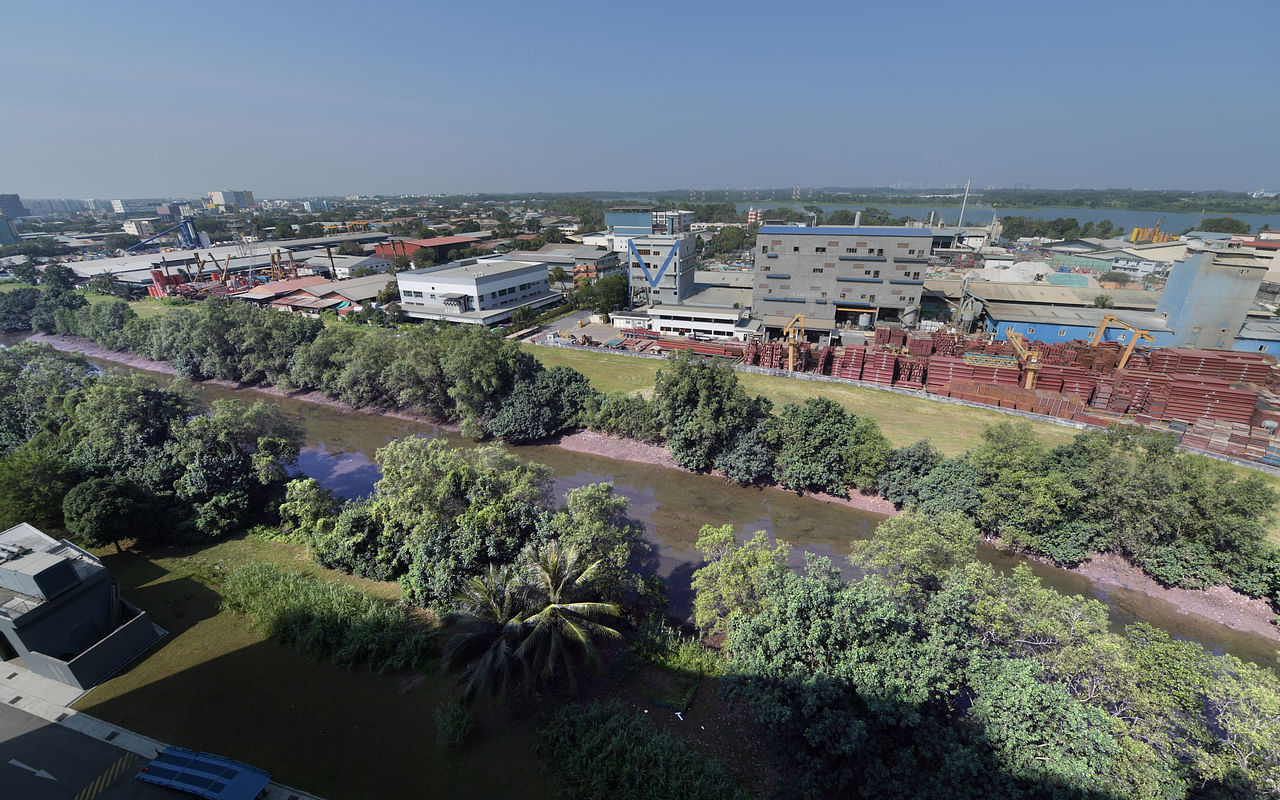- Joined
- Jul 25, 2008
- Messages
- 15,380
- Points
- 113
#1 Ownself praise ownself
Facts show task force has handled Covid-19 situation well, but fight goes on, says Lawrence Wong

National Development Minister Lawrence Wong on July 7, 2020.PHOTO: MINISTRY OF COMMUNICATIONS AND INFORMATION
PUBLISHED JUL 7, 2020, 6:43 PM SGT
Toh Ting Wei
SINGAPORE - The Covid-19 task force has handled the current crisis well in terms of numbers relating to community infection, fatality rate and how it has helped migrant workers, said National Development Minister Lawrence Wong on Tuesday (July 7).
But at the end of the day, the fight against the coronavirus is still ongoing, and Singaporeans will have to judge the task force's performance, he said.
Mr Wong, who co-chairs the task force combating the Covid-19 outbreak, was responding to a question during a virtual briefing about the virus situation in Singapore.
A reporter had asked Mr Wong about his thoughts on how voters will assess the task force's performance, and whether this will affect the People's Action Party vote share in the July 10 general election.
"If you looked at what we have achieved up till now, the outcomes are quite clear," said Mr Wong.
"We have been able to bring down infection rates in the community significantly and protected many Singaporeans, especially the vulnerable ones. We have been able to achieve a fatality rate which is amongst the lowest in the world.
"Where the cases in the dormitory are concerned... I do not know of any other country that has mounted as significant an operation as Singapore has in taking care of its migrant workers."
On the migrant worker situation, Mr Wong said the task force is currently in the process of testing all the workers.
He added that beyond taking care of their health, the Government has also taken care of their well-being, their food and their salaries.
"We have done everything we can to ensure the overall well-being of these workers because we know that they are an important part of our society," he said.
The Government's management of the Covid-19 situation has become a political issue in recent days, with opposition candidates questioning whether the situation could have been handled better.
Among those include Professor Paul Tambyah, an infectious diseases expert and a candidate from the Singapore Democratic Party.
Prof Tambyah had flagged the Ministry of Manpower's advisory to warn employers against sending asymptomatic workers for Covid-19 testing earlier this year as a mistake.
But Mr Wong and the relevant authorities have subsequently rebutted the allegation.
On Tuesday, even as Mr Wong defended the Government's handling of the situation, he also thanked all those who have helped in Singapore's fight against Covid-19 so far.
He added: "This fight is far from over, there is still so much that we need to do and that's why we have asked for everyone to focus their minds on what is critical."
Facts show task force has handled Covid-19 situation well, but fight goes on, says Lawrence Wong

National Development Minister Lawrence Wong on July 7, 2020.PHOTO: MINISTRY OF COMMUNICATIONS AND INFORMATION
PUBLISHED JUL 7, 2020, 6:43 PM SGT
Toh Ting Wei
SINGAPORE - The Covid-19 task force has handled the current crisis well in terms of numbers relating to community infection, fatality rate and how it has helped migrant workers, said National Development Minister Lawrence Wong on Tuesday (July 7).
But at the end of the day, the fight against the coronavirus is still ongoing, and Singaporeans will have to judge the task force's performance, he said.
Mr Wong, who co-chairs the task force combating the Covid-19 outbreak, was responding to a question during a virtual briefing about the virus situation in Singapore.
A reporter had asked Mr Wong about his thoughts on how voters will assess the task force's performance, and whether this will affect the People's Action Party vote share in the July 10 general election.
"If you looked at what we have achieved up till now, the outcomes are quite clear," said Mr Wong.
"We have been able to bring down infection rates in the community significantly and protected many Singaporeans, especially the vulnerable ones. We have been able to achieve a fatality rate which is amongst the lowest in the world.
"Where the cases in the dormitory are concerned... I do not know of any other country that has mounted as significant an operation as Singapore has in taking care of its migrant workers."
On the migrant worker situation, Mr Wong said the task force is currently in the process of testing all the workers.
He added that beyond taking care of their health, the Government has also taken care of their well-being, their food and their salaries.
"We have done everything we can to ensure the overall well-being of these workers because we know that they are an important part of our society," he said.
The Government's management of the Covid-19 situation has become a political issue in recent days, with opposition candidates questioning whether the situation could have been handled better.
Among those include Professor Paul Tambyah, an infectious diseases expert and a candidate from the Singapore Democratic Party.
Prof Tambyah had flagged the Ministry of Manpower's advisory to warn employers against sending asymptomatic workers for Covid-19 testing earlier this year as a mistake.
But Mr Wong and the relevant authorities have subsequently rebutted the allegation.
On Tuesday, even as Mr Wong defended the Government's handling of the situation, he also thanked all those who have helped in Singapore's fight against Covid-19 so far.
He added: "This fight is far from over, there is still so much that we need to do and that's why we have asked for everyone to focus their minds on what is critical."











